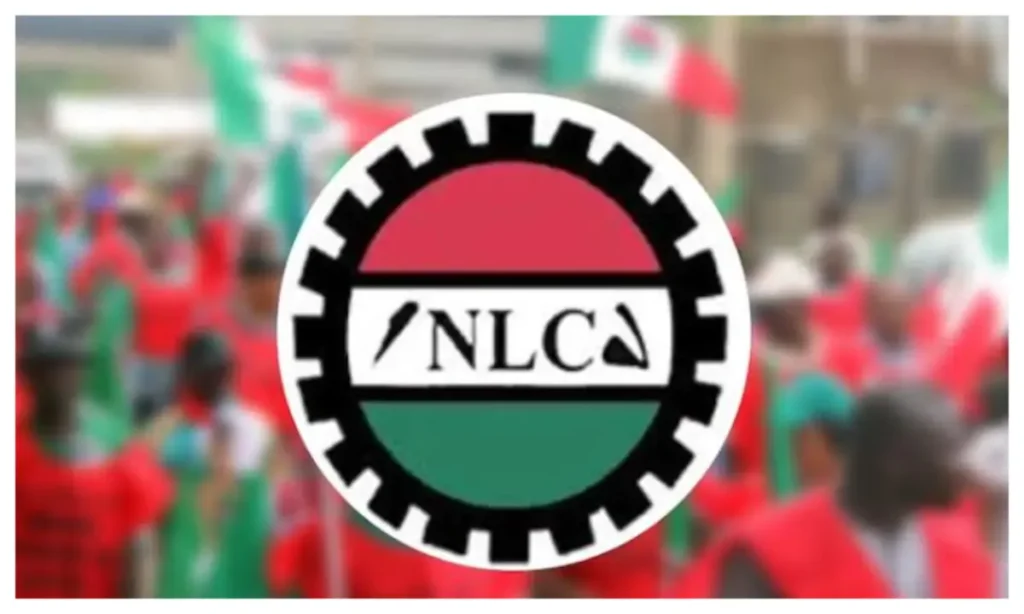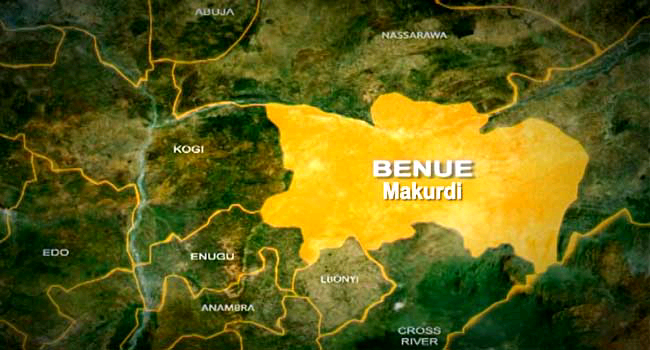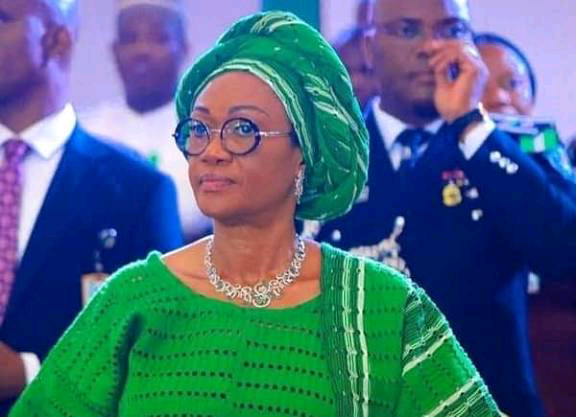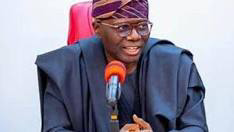Ebonyi Shuts 283 Illegal Schools in Major Crackdown
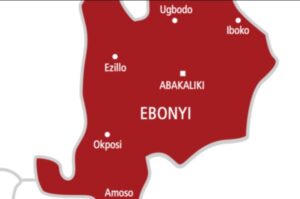
The Ebonyi State Government has intensified its crackdown on unregulated education by sealing off 283 illegal and substandard primary and secondary schools across the state.
The action, carried out over the past two years, is part of a sweeping reform aimed at sanitizing the education sector and ensuring that all learning institutions meet the state’s quality standards.
Commissioner for Education, Paul Nwobasi, disclosed this during an interactive session with journalists in Abakaliki. He explained that the affected schools spread across the 13 local government areas were operating without formal approval and lacked the infrastructure necessary to deliver credible education.
“These schools were sealed as part of our commitment to building a quality education system for the people of Ebonyi.
“We discovered that many of them were operating in makeshift structures, without trained teachers, and in some cases, without proper documentation,” Nwobasi stated.
Nwobasi urged proprietors of unapproved private schools to approach the Ministry of Education for guidance on how to regularize their operations and meet the state’s regulatory benchmarks. He emphasized that compliance with established standards was non-negotiable in the state’s quest to raise educational excellence.
In a bid to expand access to quality education, the government has embarked on the construction of 39 classroom blocks for secondary schools and 36 for primary schools two in each of the 13 local government areas. These modern learning facilities are part of a broader investment in infrastructure aimed at creating conducive environments for teaching and learning.
“These model school blocks are nearing completion and will soon begin serving our children. We are building schools that will not only meet physical standards but also elevate the quality of instruction offered,” the commissioner added.
The sweeping reforms come amid growing concerns about the proliferation of unregulated schools in parts of Nigeria. Ebonyi’s actions position the state as a model for enforcing accountability and investing in sustainable educational development.
Education stakeholders have lauded the move, calling it a necessary step toward securing the future of the state’s children and restoring public confidence in the school system.


